Contents
Guide

Constanza Cordoni
Seder Eliyahu
Studia Judaica

Forschungen zur Wissenschaft des Judentums
Begrndet von
Ernst Ludwig Ehrlich
Herausgegeben von
Gnter Stemberger, Charlotte Fonrobert,
Alexander Samely und Irene Zwiep
Band 100
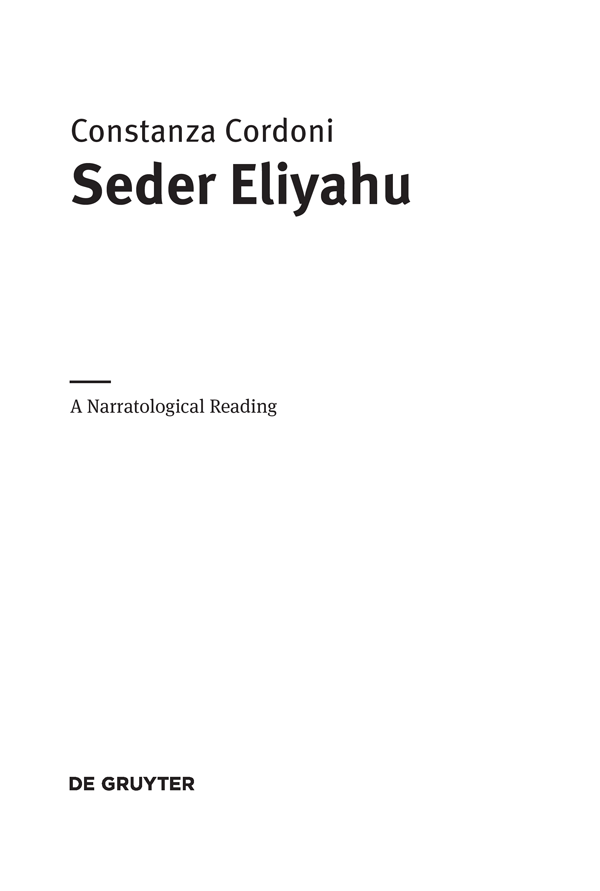
ISBN 978-3-11-052942-5
e-ISBN (PDF) 978-3-11-053187-9
e-ISBN (EPUB) 978-3-11-053130-5
ISSN 0585-5306
Library of Congress Control Number: 2018941307
Bibliografic information published by the Deutsche Nationalbibliothek
The Deutsche Nationalbibliothek lists this publication in the Deutsche Nationalbibliografie; detailed bibliografic data are available on the Internet at http://dnb.dnb.de.
2018 Walter de Gruyter GmbH, Berlin/Boston
www.degruyter.com

Para Joseph mi pequeo emperador
Preface
I first came across the title Seder Eliyahu in a Sondierungsgesprch (an exploratory talk) with Prof. Gnter Stemberger about potential research topics for a dissertation project. The idea of examining the narrative material of this post-classical rabbinic document goes back to his mention of the first-person narratives in Seder Eliyahu .
I thank Prof. Stemberger, Prof. Gerhard Langer, Prof. Alexander Samely, Prof. Olga Ruiz, and Prof. Florian Kragl for their suggestions after reading earlier versions of the chapters of this book. Alissa Jones-Nelson I thank for improving my English, without being finally responsible for it, and Nancy Christ at De Gruyter for her wonderful support and guidance as to the typesetting the manuscript in  I also want to express my thanks to Dr. Sophie Wagenhofer at De Gruyter for her supervision of my book project.
I also want to express my thanks to Dr. Sophie Wagenhofer at De Gruyter for her supervision of my book project.
Preliminary versions of were published as articles titled as The Emergence of the Individual Author(-image) in Late Rabbinic Literature, in Narratology, Hermeneutics, and Midrash: Jewish, Christian, and Muslim Narratives from the Late Antiquity through to Modern Times , ed. Constanza Cordoni and Gerhard Langer (Gttingen: V&R unipress, 2014), 225250; and Die weien Tage oder warum die Frau immer noch als unrein gilt, nachdem ihre Unreinheit aufgehrt hat, Protokolle zur Bibel 21 (2012): 117f, respectively.
Note on translations and style conventions : Scriptural passages are quoted primarily from the New Revised Standard English Version , occasionally from the King James Bible . The text of the translations has been modified where this was required by the rabbinic context of the quotation.
With minor modifications, the English text of the Mishnah is quoted following Herbert Danby, trans., The Mishnah: Translated from the Hebrew with Introduction and Brief Explanatory Notes (London: Soncino, 1933). For the translation of passages of Seder Eliyahu , I used the standard edition by Meir Friedmann, Seder Eliahu Rabba und Seder Eliahu Zuta (Tanna Dbe Eliahu) (Vienna: Israelitisch-Theologische Lehranstalt, 1902; reprint, Jerusalem: Bamberger & Wahrmann, 1960), and Pseudo-Seder Eliyahu Zuta (Derech Ere und Pirk R. Eliezer nach Editio princeps des Seder Eliahu und einem Manuskripte, hierzu drei Abschnitte der Pirk dRabbi Eliezer Kap. 3941 nach demselben Manuskripte) (Vienna: Israelitisch-Theologische Lehranstalt, 1904; reprint, Jerusalem: Bamberger & Wahrmann, 1960), and consulted the manuscript transcription of the Vatican Codex Ebr. 31 on the Maagarim Database of The Academy of the Hebrew Language as well as the English text of Tanna dbe Eliyyahu = The Lore of the School of Elijah , translated by William G. Braude and Israel J. Kapstein (Philadelphia, PA: Jewish Publication Society, 1981), whose introduction and notes I quote throughout this book.
Scriptural passages and rabbinic documents are quoted throughout the book in abbreviated form. Passages from the three parts of Friedmanns edition are quoted using the abbreviations ER for Seder Eliyahu Rabbah , EZ for Seder Eliyahu Zuta , and PsEZ for Pseudo-Seder Eliyahu Zuta before page and line numbers (l.). Words and phrases which are in square brackets [ ] in Friedmanns text, with which he signals emendations to the MS readings, are put in the text of my translation in angular brackets < >. Wording I have added to facilitate the comprehension of either an elliptical phrase or sentence in the rabbinic wording or the scriptural co-text of a quoted verse is placed between square brackets [ ]. Round brackets ( ) are reserved for a) literal translations (preceded by the abbreviation lit.) in cases in which I opted for a clearly non-literal rendering; b) translations of text set in Hebrew (text in double inverted commas); and c) transliterated expressions from Hebrew (set in italics); d) as well as the original Hebrew wording of certain words or phrases.
Abbreviations of Ancient Sources
Hebrew Bible
| Gen | Genesis |
| Exod | Exodus |
| Lev | Leviticus |
| Num | Numbers |
| Deut | Deuteronomy |
| Josh | Joshua |
| Judg | Judges |
| 1 Sam | 1 Samuel |
| 2 Sam | 2 Samuel |
| 1 Kgs | 1 Kings |
| 2 Kgs | 2 Kings |
| 1 Chr | 1 Chronicles |
| Job | Job |
| Ps | Psalms |
| Prov | Proverbs |
| Eccl | Ecclesiastes |
| Song | Song of Songs |
| Isa | Isaiah |
| Jer | Jeremiah |
| Lam | Lamentations |
| Ezek | Ezekiel |
| Dan | Daniel |
| Hos | Hosea |
| Joel | Joel |
| Amos | Amos |
| Mic | Micah |
| Hab | Habakkuk |
| Zech | Zechariah |
| Mal | Malachi |
New Testament
| Matt | Matthew |
| Mark | Mark |
| Luke | Luke |
| Acts | Acts |
Rabbinic Sources
| Av | Avot |
| ARN | Avot de Rabbi Natan |
| AZ | Avodah Zarah |
| b | Babylonian Talmud |
| BB | Bava Batra |
| BM | Bava Metsia |
| BemR | Bemidbar Rabbah |
| BerR | Bereshit Rabbah |
| Ed | Eduyot |
| EkhR | Ekhah Rabbah |
| EkhZ | Ekhah Zuta |
| ER | Seder Eliyahu Rabbah |
| Er | Eruvin |
| EZ | Seder Eliyahu Zuta |
| Hul | Chullin |
| Ker | Keritot |
| Ket | Ketubbot |
| LeqT | Leqach Tov |
| m | Mishnah |
| Mak | Makkot |
| Meg | Megillah |
| MekhY | Mekhilta de-Rabbi Yishmael |

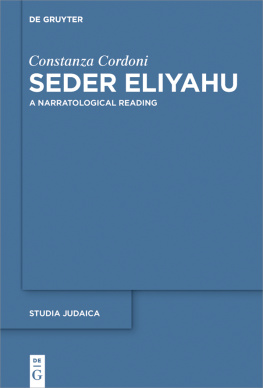
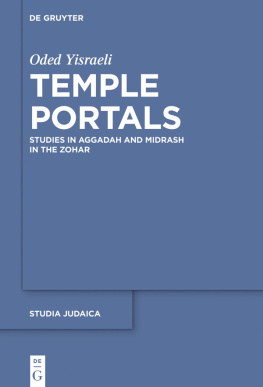

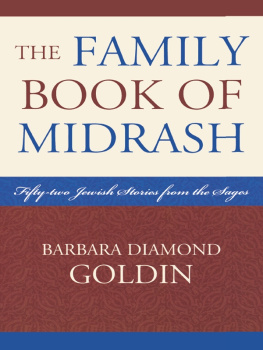
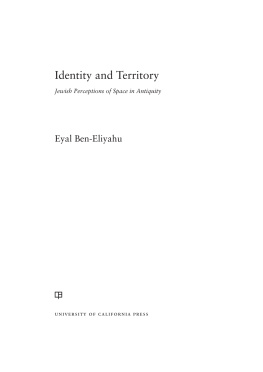
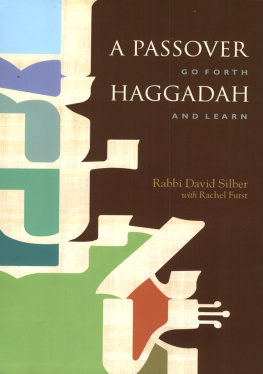
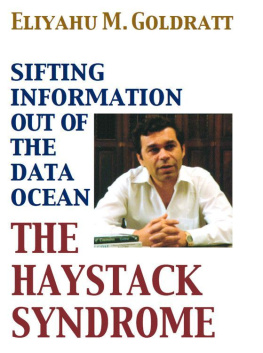
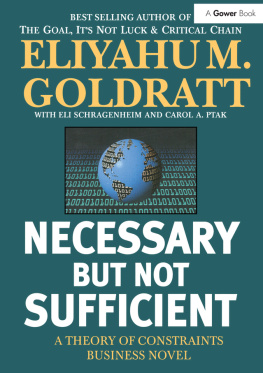
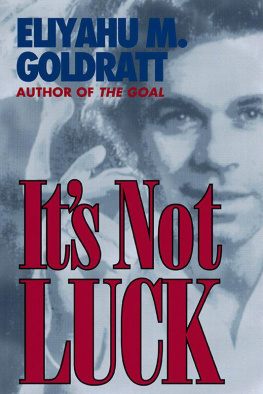
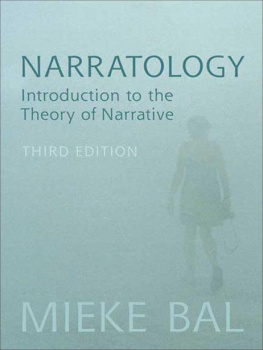
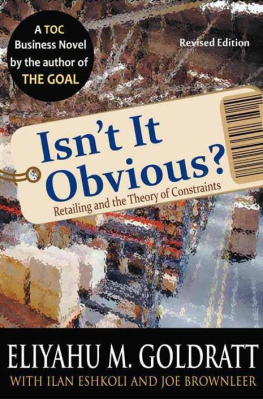




 I also want to express my thanks to Dr. Sophie Wagenhofer at De Gruyter for her supervision of my book project.
I also want to express my thanks to Dr. Sophie Wagenhofer at De Gruyter for her supervision of my book project.